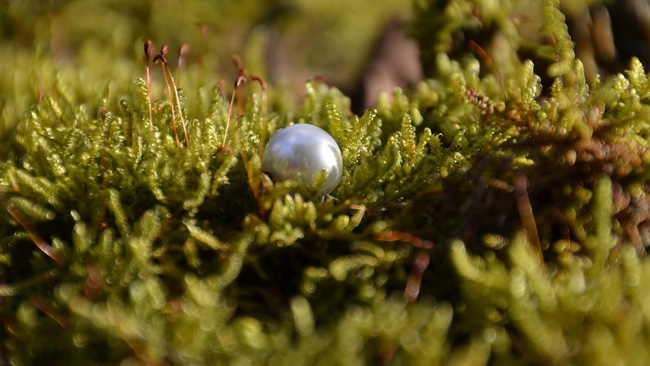Our business model is highly scalable because we are out sourcing the pick up from the restaurants by compost haulers in Austin who have the people, trucks for hauling, and they are on these routes already.
This business model is scalable due to the fact that there are over 25 seafood restaurants in the Austin area. The benefit for the restaurant is that the universal recycling ordinance coming into affect soon would need restaurants to not dispose of the oyster shells in landfills.
The Violations of these restaurants not complying could be punishable by a fine of up to $2,000 per deficiency, per day.
We would be helping the restaurants by becoming aware of this ordinance going into affect and also helping the City of Austin avoid getting bombarded by questions regarding this ordinance.
Our business model would be non-profit and we would use a subscription model for the restaurants to have us pick up their oyster shells.
The overall impact of picking up the oyster shells from restaurants and sending them back home; would help the livelihood of dolphins, fish, crabs and shrimp from going extinct, shorelines from eroding, filtering water, providing a solution for restaurants to abide by this ordinance and have zero waste.
Here is the link to Organics by Gosh letter
https://savethesea.github.io/oysters/OrganicsByGosh.png
